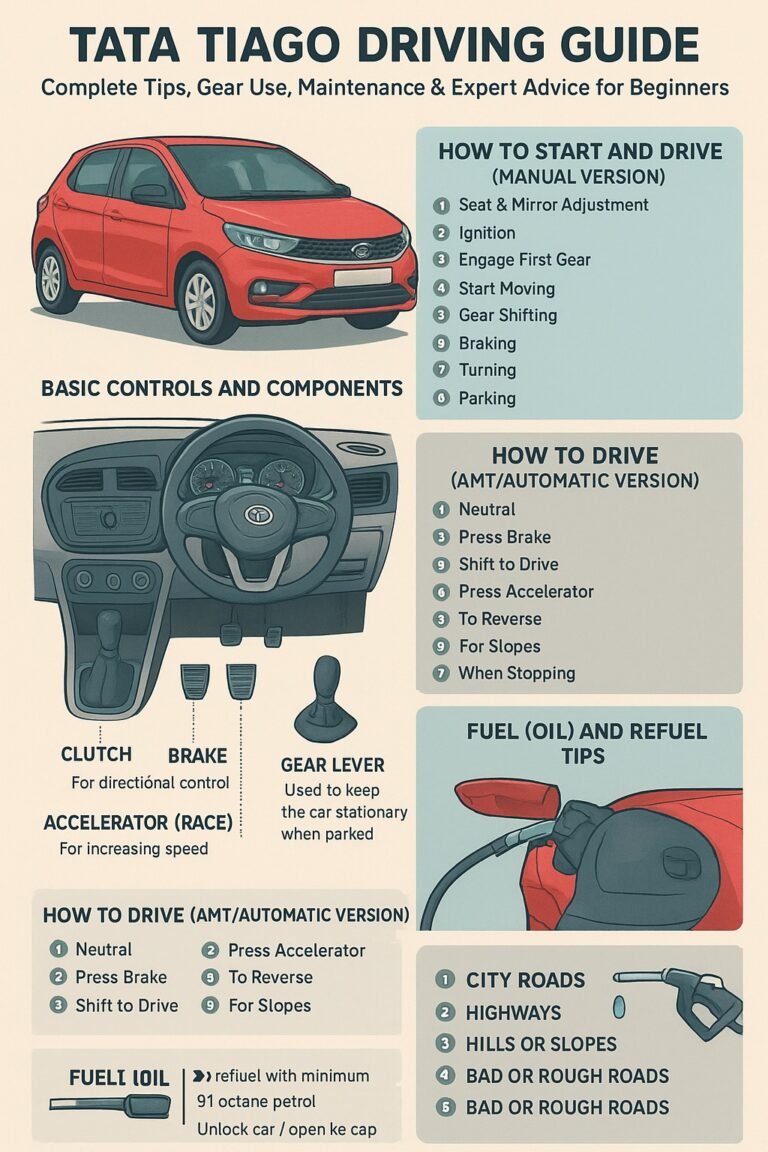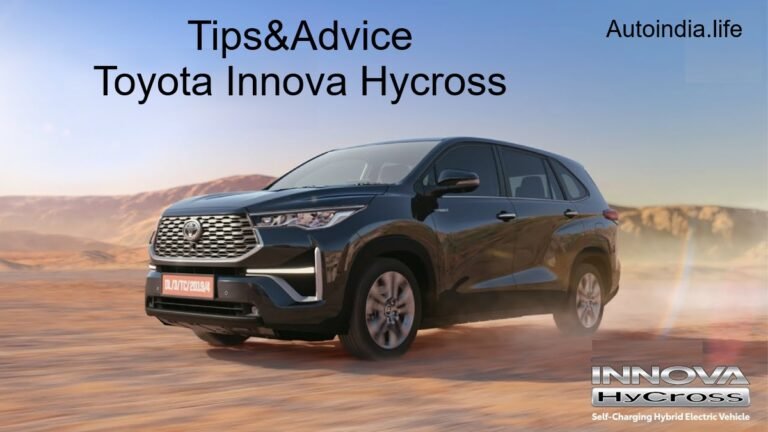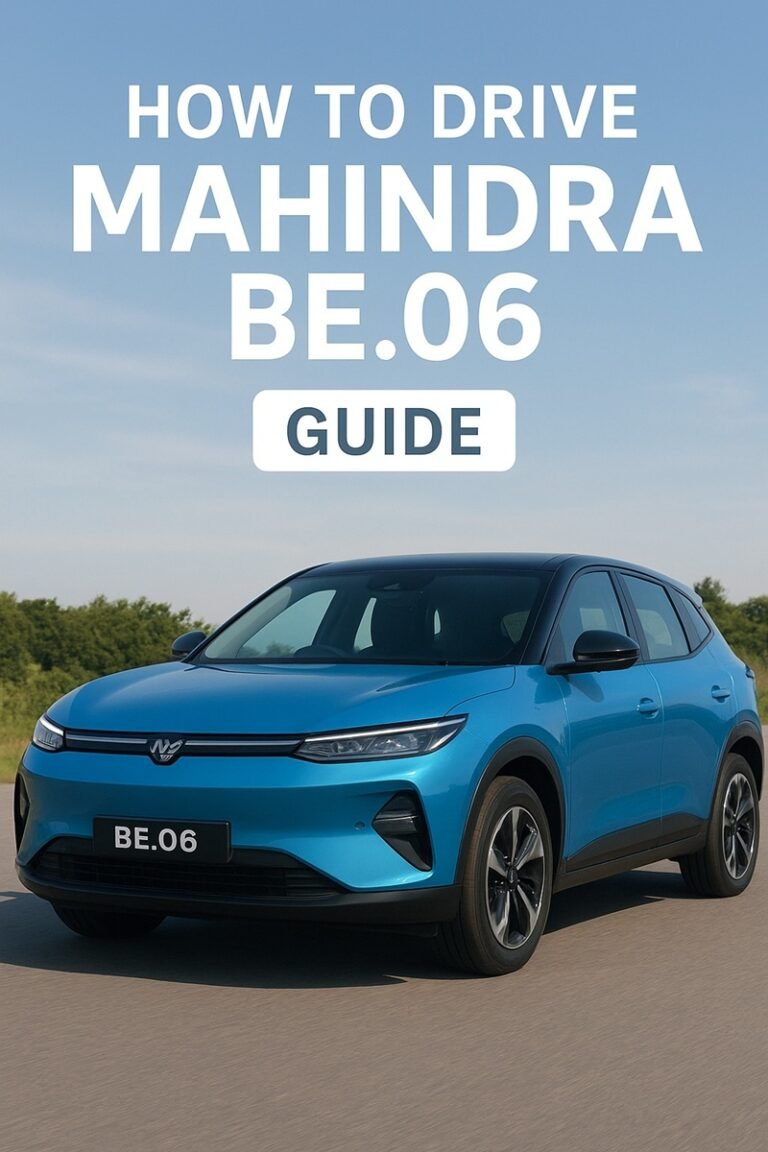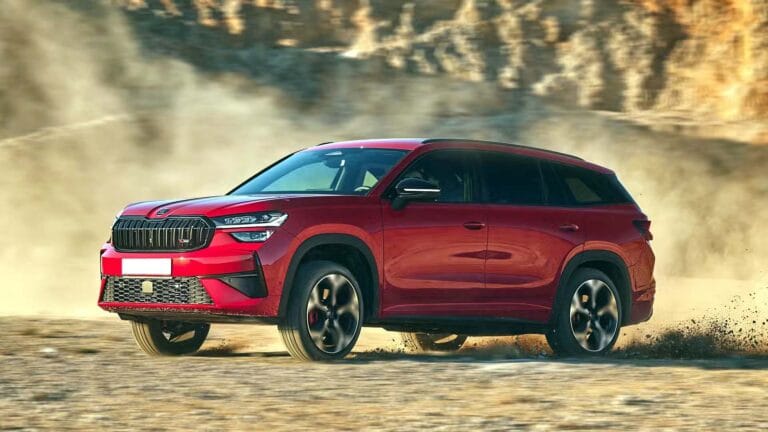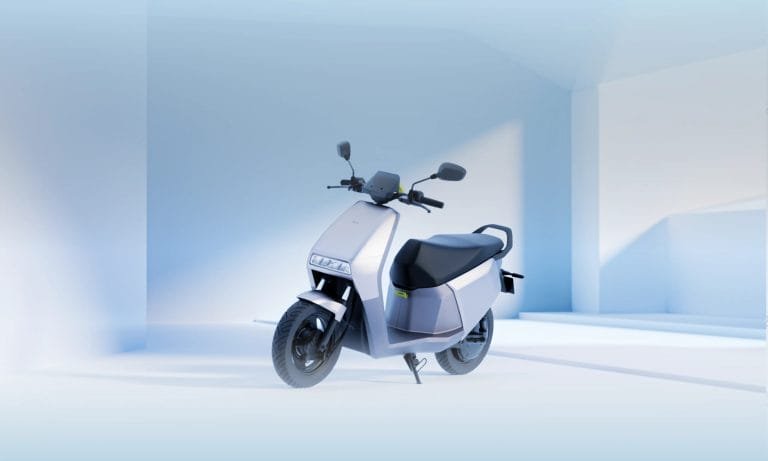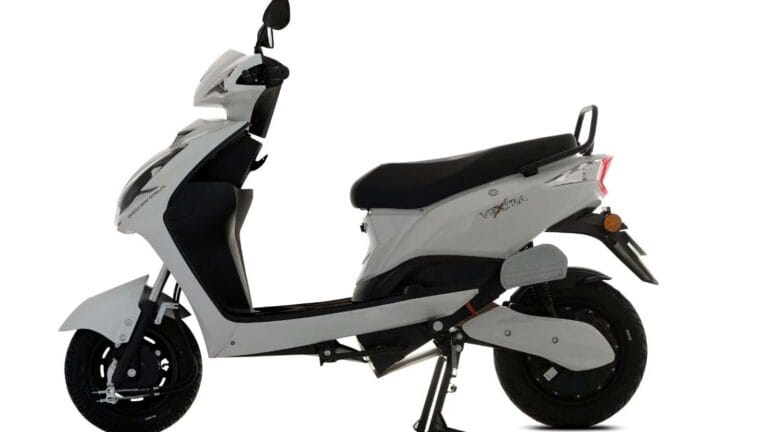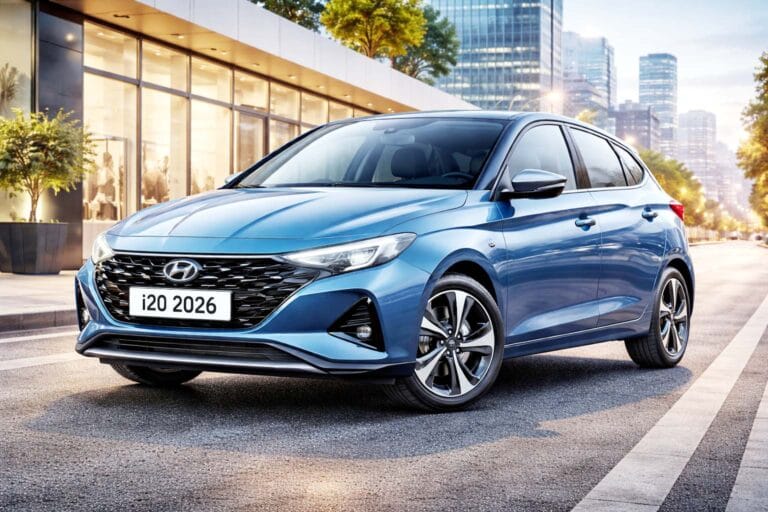
Electric vehicles (EVs) are increasingly becoming a popular choice for highway travel in India, thanks to the expansion of EV infrastructure and growing awareness of sustainability. If you’re planning a trip on national highways in India using an EV, here are some valuable tips and advice:
Before Your Trip
Plan Your Route
Use apps like PlugShare, Tata Power EZ Charge, or your EV manufacturer’s app to locate charging stations along your route.
Identify fast chargers (DC) for quicker recharges and confirm their compatibility with your vehicle.
Charge Fully Before Departure
Factor in weather conditions, as extreme heat or cold can reduce battery efficiency.
Understand Your EV’s Range
Know the realistic range of your vehicle in highway conditions, which may differ from city driving due to consistent higher speeds.
Carry Necessary Accessories
Pack a charging cable compatible with both slow and fast chargers.
Include a portable tire inflator and a puncture repair kit since assistance may take time on highways.
Check Charging Station Availability
Call ahead to confirm that charging stations are operational, as some may be temporarily out of service.
During the Journey
Optimize Driving for Efficiency
Maintain a steady speed, ideally around 60-80 km/h, to conserve energy.
Use regenerative braking when descending slopes to recover energy.
Monitor Battery Levels
Avoid letting your charge fall below 20%, as it limits flexibility in reaching the next charging station.
Plan charging stops before the battery drops too low.
Leverage Fast Charging Stations
Use DC fast chargers for quick top-ups. Most can charge an EV up to 80% in 30-60 minutes.
During charging, take a break to eat, rest, or freshen up.
Stay Alert for Charging Station Signs
Look for charging station indicators on newer national highways equipped with EV infrastructure.
Safety Tips
Emergency Preparedness
Keep emergency contact numbers handy, including EV roadside assistance services provided by your manufacturer.
Carry a power bank for your phone and emergency lights.
Weather Considerations
In hot weather, use climate control sparingly to conserve energy.
In monsoon conditions, avoid deep waterlogged areas, as water can damage electrical components.
Driving Practices
Avoid aggressive acceleration or deceleration, as it drains the battery faster.
Use cruise control (if available) for efficient highway driving.
Charging Station Etiquette
Be Considerate
Move your car promptly once charging is complete to allow others to use the charger.
Avoid occupying charging spots unnecessarily.
Follow Instructions
Use the charging station as per the manufacturer’s guidelines to avoid damage or inefficiency.
After the Trip
Recharge and Inspect
Fully charge your EV and check the battery health.
Inspect tires and brakes for wear, as highway driving can accelerate usage.
Reflect and Note Improvements
Take note of the charging stations used and their reliability for future trips.
Share feedback on charging apps to help other EV users.
Key Challenges and Solutions
Limited Charging Infrastructure
Stick to EV-friendly routes where chargers are more frequent, like NH-44 or NH-48 (Delhi-Mumbai Highway).
Unexpected Delays Keep buffer time in your schedule to account for delays at chargers or unexpected traffic. Energy
Conservation in Emergencies
Turn off non-essential systems (like the AC) and drive at a consistent, moderate speed if you’re running low on charge. With careful planning and the growing availability of EV infrastructure, electric vehicles are becoming a viable option for long trips on India’s national highways. Do you have a specific destination or EV model in mind? I can provide tailored advice!


